Date of interview: 16 June 2025
Ryan P. McDermott is a decorated U.S. Army veteran, former senior Pentagon official, and national security executive. A graduate of West Point, he led a mechanized infantry platoon with the 3rd Infantry Division during the 2003 invasion of Iraq and was awarded the Bronze Star Medal, Ranger Tab, and Combat Infantryman Badge. After leaving the military in 2006, McDermott joined Lehman Brothers, where he experienced the 2008 financial collapse firsthand.
Blending national security expertise, financial industry insight, and lived experience with post-traumatic stress, McDermott brings a rare voice to the genre of war and recovery memoirs. He holds an MBA from the University of Virginia’s Darden School of Business and an M.A. in Security Studies from Georgetown University’s Walsh School of Foreign Service.
Downriver: Memoir of a Warrior Poet is his debut book and a Literary Titan Book Award winner.
MWSA: How long have you been associated with MWSA?
Ryan McDermott: I’ve been a member for a few months since publishing my book.
MWSA: What inspired you to write Downriver: Memoir of a Warrior Poet?
Ryan McDermott: After years of silence, writing became my lifeline. I started journaling to process combat memories and personal struggles, not knowing it would turn into a book. Downriver wasn’t born out of a desire to publish—it was born out of necessity. I needed to understand what had happened in Iraq, on Wall Street, and in the quiet unraveling afterward. Eventually, I realized the story might resonate with others carrying invisible burdens. I felt compelled to publish after learning of a suicide by someone I’d served with years ago.
MWSA: Your memoir blends prose and poetry. Why did you choose that format?
Ryan McDermott: Poetry gave me a language for the things that didn’t fit neatly into narrative—grief, guilt, even beauty. The poetic sections aren’t interruptions; they’re revelations and they reflect the emotion of the moment they were written in a way that prose cannot. In war, in trauma, in healing, sometimes a single stanza can hold more truth than a chapter. I wanted to reflect the fractured, nonlinear nature of memory and recovery.
MWSA: What was the most difficult chapter for you to write?
Ryan McDermott: There were several difficult chapters to write. Probably the one where I confront the emotional aftermath of a home invasion. It wasn’t just about physical fear—it was the final breach of safety after war, after financial collapse. But more than that, it was the realization in writing that chapter that the traumas throughout my life had led to that moment. And I needed to break the pattern. That chapter forced me to grapple with vulnerability in ways the battlefield never did.
MWSA: How has your military experience shaped your writing?
Ryan McDermott: Being a platoon leader taught me to observe under pressure. You learn to understand people, to anticipate scenarios and potential chaos, to act with conviction. That mindset informed the writing, but so did the guilt and responsibility that come with combat. Writing became a form of after-action review—not of tactics, but of the soul. There is no experience like war and nothing that can adequately simulate the emotions you feel when your life, and the lives of those around you, is on the line.
MWSA: What message do you hope readers take away from Downriver?
Ryan McDermott: That healing is possible, even if it takes years. That strength doesn’t mean silence. And that trauma isn’t limited to soldiers. Many people—parents, teachers, first responders—carry invisible wounds. If this book gives even one person the courage to speak or seek help, it will have done its job. I hope everyone who reads it will reflect on their own life and assess how they can lead a better life.
MWSA: What role did your faith or inner beliefs play in this journey?
Ryan McDermott: A significant one. My story reflects a spiritual journey. I don’t push religion in the book, but faith shows up—sometimes quietly, sometimes in anguish. There were moments when prayer felt like the only thing left. And poetry, in its own way, became a form of prayer for me. Writing helped me rediscover meaning and purpose beyond achievement or status.
MWSA: How do you define the term “warrior poet”?
Ryan McDermott: To me, it’s someone who has experience trauma but chooses not to perpetuate it. They see deeper meaning in situations of adversity and translate their emotions into artistic creation. Someone who carries deep strength but isn’t afraid to speak truth through vulnerability. The world doesn’t need more brashness—it needs depth, discernment, and those who can walk through fire and return with wisdom.
MWSA: What’s next for you?
Ryan McDermott: I’m continuing to speak and write about themes of reintegration, mental health, and moral leadership. I’d love to see Downriver adapted for screen someday—not because of ego, but because visual storytelling could bring these issues to broader audiences. I’d love to help more veterans write and bring their stories to life for others.


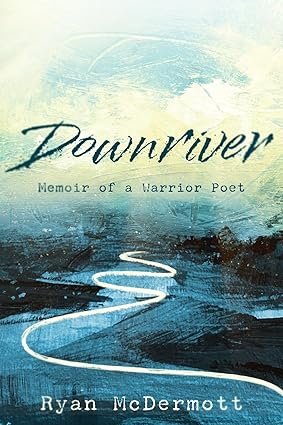
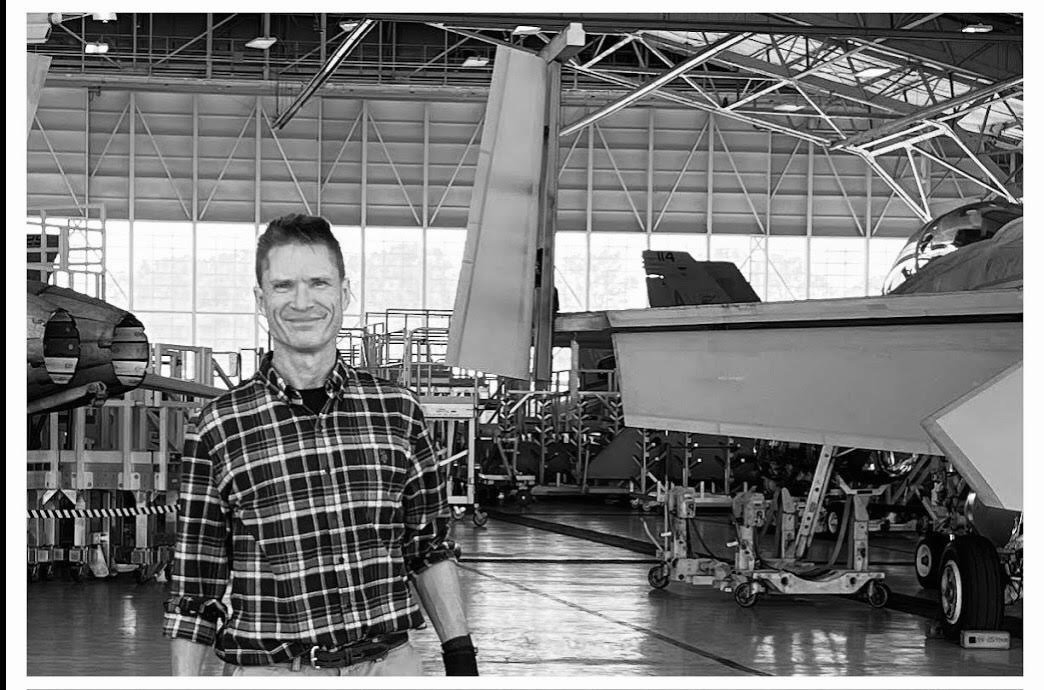







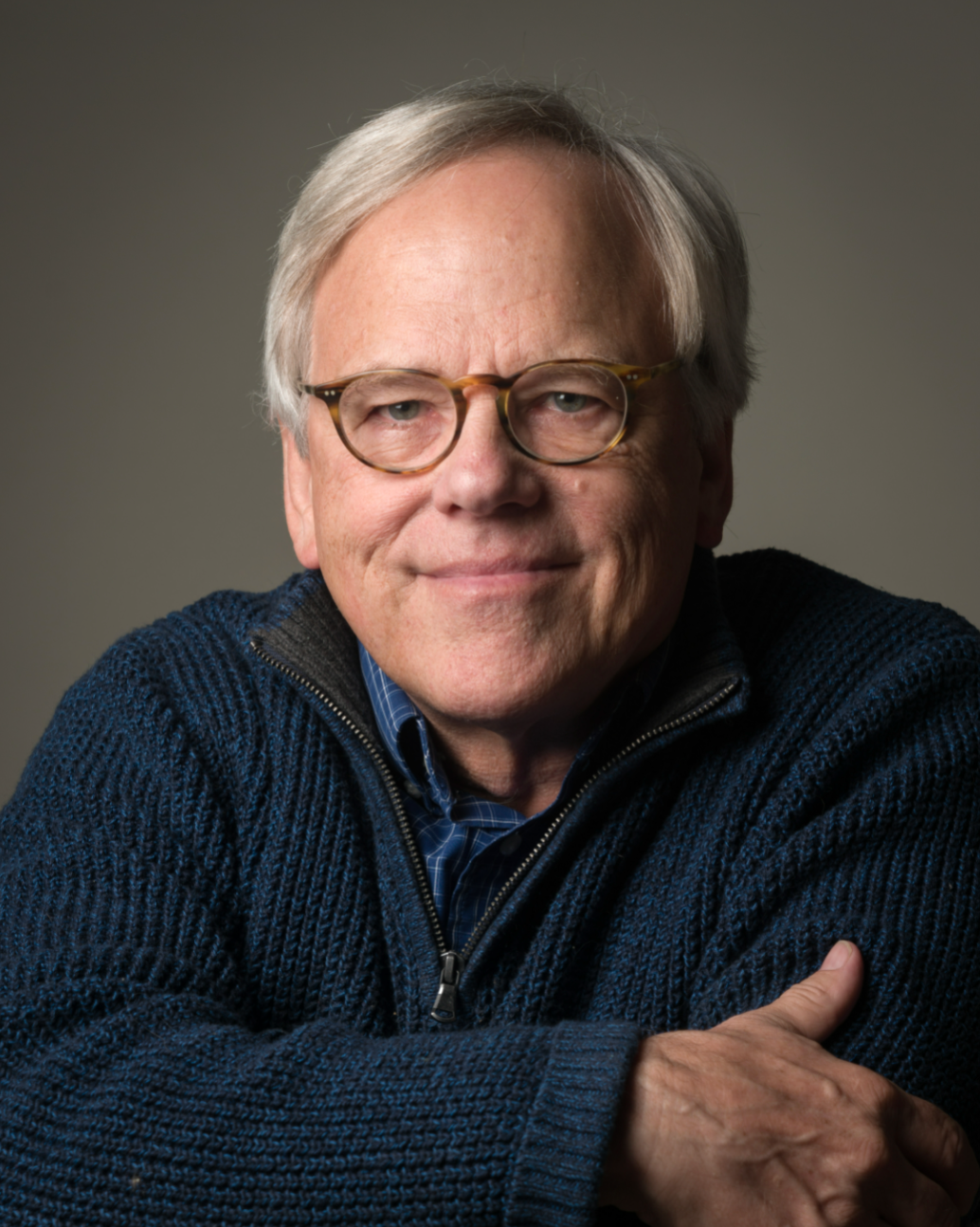
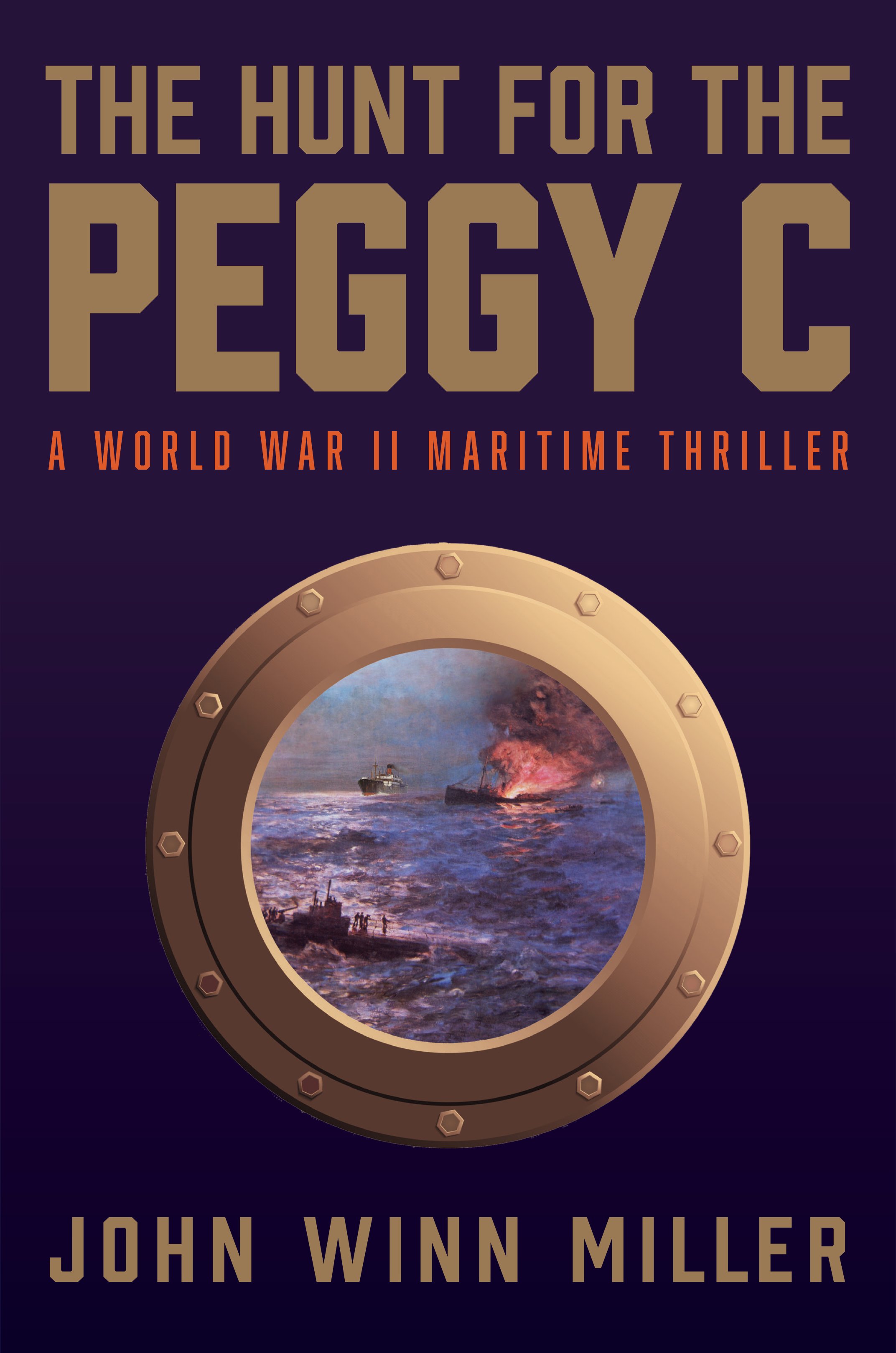

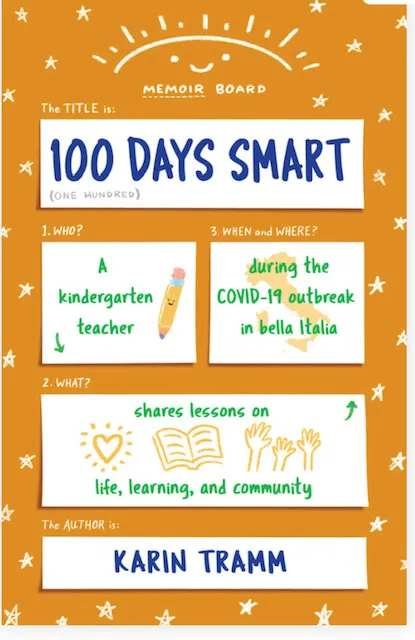






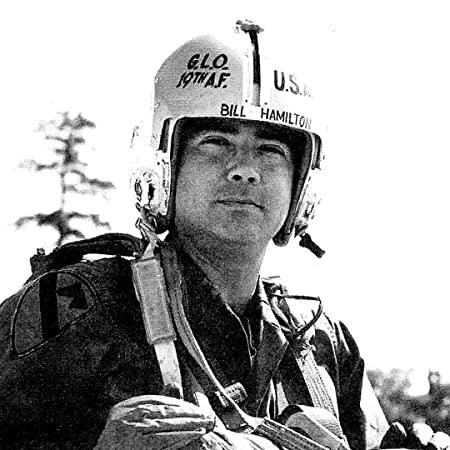


![crop-photo[1].jpg](https://images.squarespace-cdn.com/content/v1/559a3339e4b059a64f95b0ae/1621818434549-D14L4YXSNP6REX4KUZJ7/crop-photo%5B1%5D.jpg)

![Gary-Wilhelm-768x1013[1].jpg](https://images.squarespace-cdn.com/content/v1/559a3339e4b059a64f95b0ae/1602120471061-726Y5PK6H0R50UK1NSKM/Gary-Wilhelm-768x1013%5B1%5D.jpg)
![71CQK02gHUL-550x830[1].jpg](https://images.squarespace-cdn.com/content/v1/559a3339e4b059a64f95b0ae/1602118596545-S6X89PRS99UQ3A9T3ZV1/71CQK02gHUL-550x830%5B1%5D.jpg)